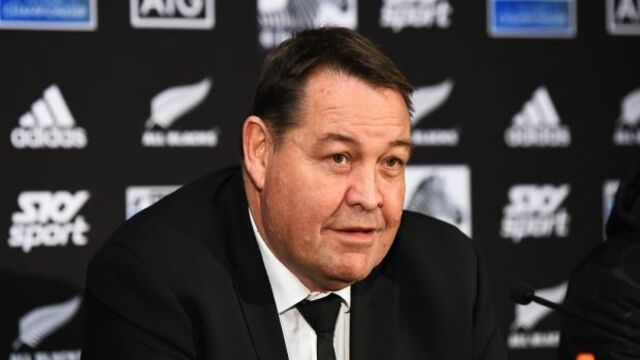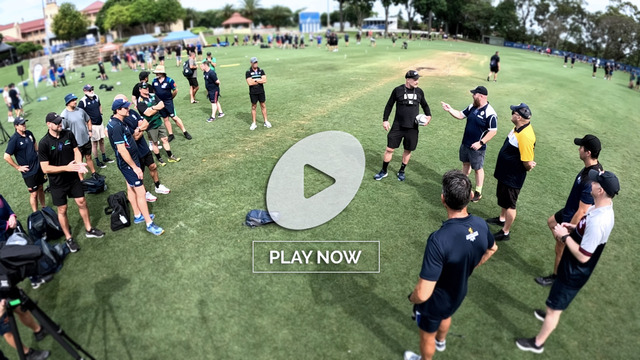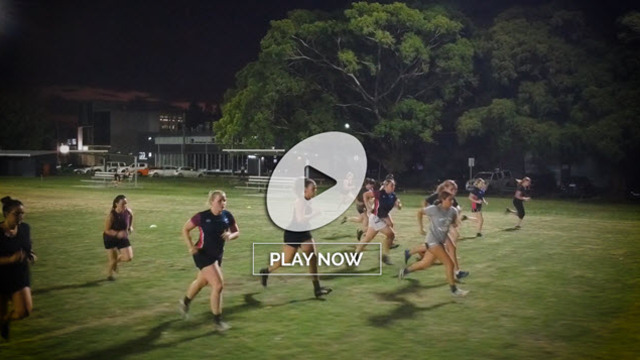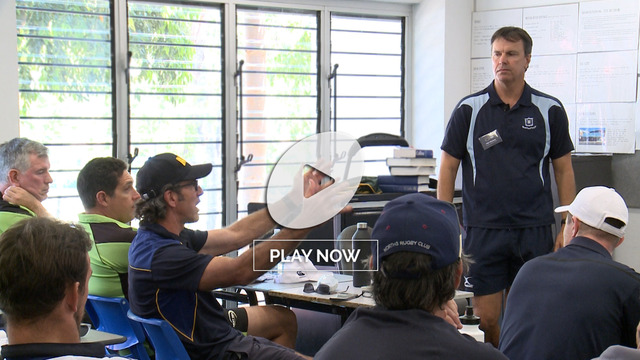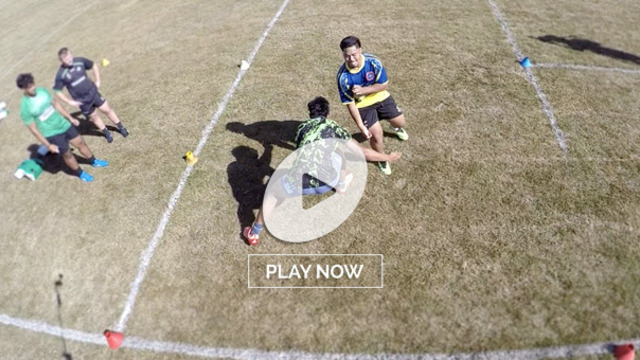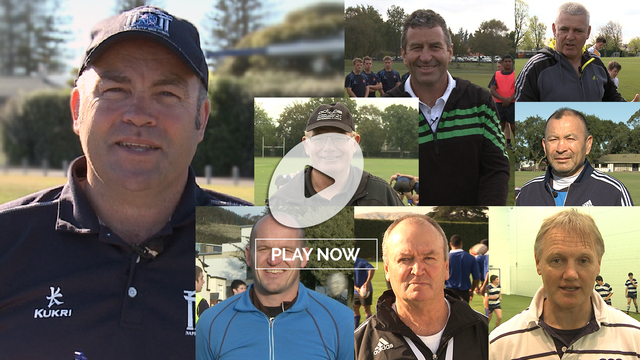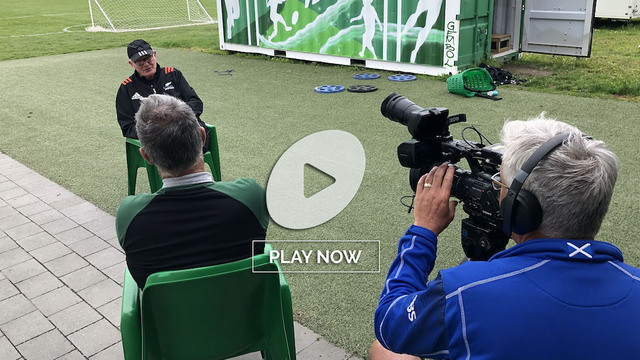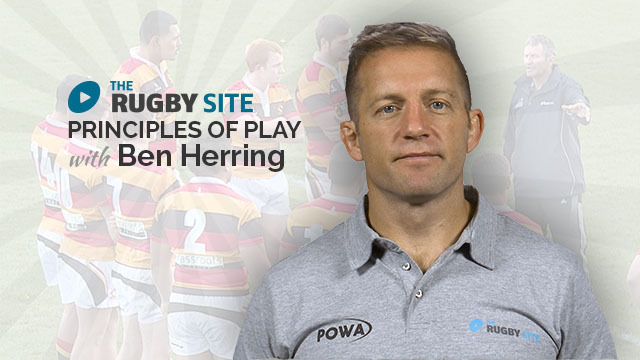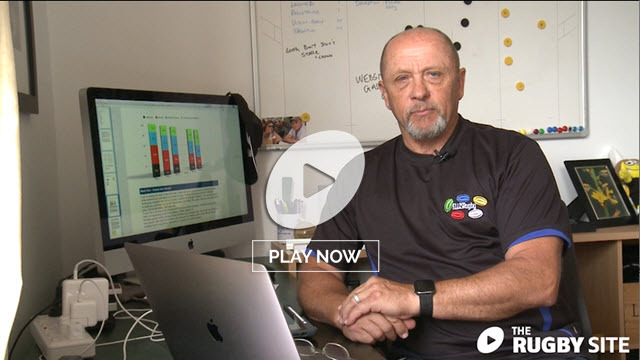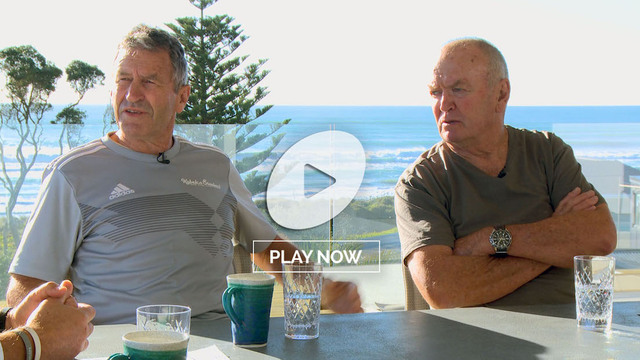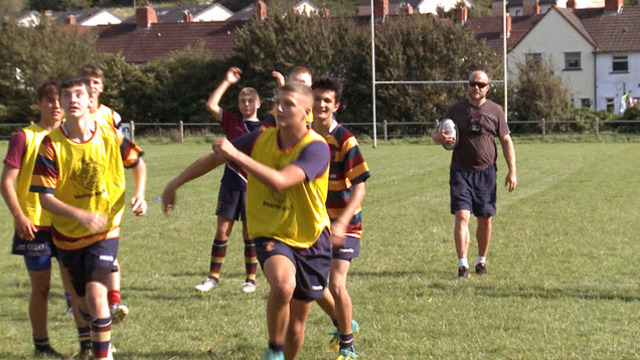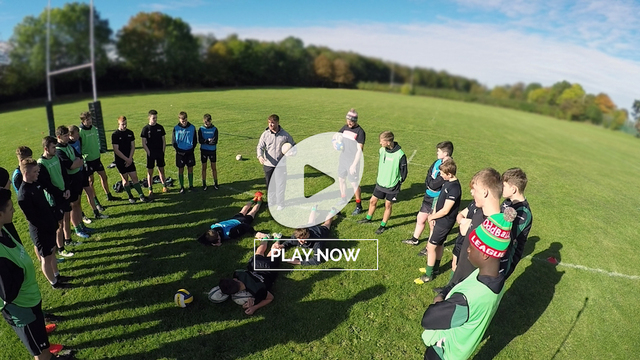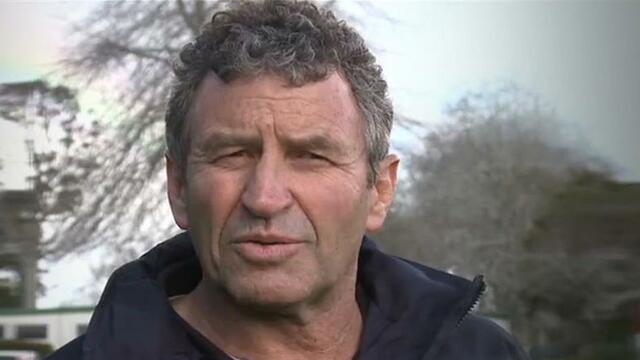Is there a right time to walk away?
In the cut-throat world of elite sport, unfortunately coaches do not always get to choose when they step away from a role with their future more often than not defined by their employers.
That makes the decision of those coaches who have met the success criteria of their bosses yet still opt to move on all the more interesting and perhaps revealing.
Steve Hansen is one such coach having confirmed his intention to step down from the New Zealand hot seat following next year’s Rugby World Cup after eight success-laden years as head coach – and the same again as an assistant to his predecessor Sir Graham Henry.
He’s not the only top coach set to walk away from a high profile position having enjoyed much success with Ireland’s Joe Schmidt and Wales’ Warren Gatland also set to clear their desks after the World Cup.
Barring a complete disaster at the sport’s showpiece event in Japan, a fate highly unlikely for three of the most fancied sides heading into World Cup year, all three could realistically expect the offer of a new deal from their respective unions.
Those offers were more than likely already on the table due to their past success along with the need to have concrete plans in place to ensure a smooth as possible transition from one World Cup cycle to the next.
With what were no doubt lucrative terms on offer along with the guaranteed stability provided by a new long-term contract, it makes their decision to walk away all the more intriguing.
Hansen will be 60 when he puts his All Blacks blazer into the wardrobe for the final time, by no means retirement age for one of the world’s best coaching brains.
The same goes for Gatland who will turn 56 on the eve of the World Cup and Schmidt who will celebrate his
54th birthday in the summer. So what has prompted the start of the latest coaching merry-go-round?
Hansen suggested that he has taken New Zealand as far as he could when he confirmed his departure – although he clearly hopes that journey has some way to go yet with another World Cup success firmly in his sights.
“After being involved in the All Blacks for 16 years, I do feel it’s right for the team for me to stand down,” he said.
It is not a decision that he will have taken lightly and his selfless conclusion is certainly admirable.
“I think change after the World Cup will bring a new outlook for the team and it’ll be time for someone else to enhance the legacy of the All Blacks,” he concluded.
Hansen’s next move will be closely monitored regardless of his side’s success in Japan and the four-time World Rugby Coach of the Year will not be short of offers.
Short-term consultancy work similar to that taken on by Henry after he stepped down from the role may be the way forward or Hansen may opt for a more hands-on role depending on his desire to test himself and his stamina to meet such a challenge.
Some have already tipped him as a possible British & Irish Lions head coach, arguably the only role on a par with the All Blacks job in terms of status and pressure, but such an appointment is unlikely unless preceded by a return to the Six Nations arena.
While Hansen appears to be putting the development of his team at the heart of his decision, the others have cited more personal reasons for their latest career moves although you sense that same team factors in the thinking of all three men.
As previously discussed on these pages, Schmidt and Gatland may have to wait for that opportunity to materialise with current All Blacks assistant coach Ian Foster heavily favoured to be handed the reins after Hansen.
Perhaps wary of that likely scenario and the New Zealand Rugby Union’s recent preference to keep it in the family in the hope of ensuring a smooth transition and maintaining their position at the top of the world, Schmidt is poised to take a break from the game.
“I have decided to finish coaching and will prioritise family commitments after the Rugby World Cup in 2019,” he said in a statement that attempted to end speculation about his immediate future.
A return to his New Zealand roots is on the cards and some much-needed family time but the demand for his input will be strong and do not be surprised if he is soon be back at work on the Super Rugby stage.
If the role allowed him to balance his commitment, he may even emerge as a possible assistant to Foster in the new All Blacks set-up, despite having turned down a similar role under Hansen a year ago.
Gatland is also heading home to New Zealand and typically was not so coy about his future plans – announcing them back in 2015 – knowing full well the traditional stepping stones to the All Blacks post.
“If I was involved in provincial rugby or Super Rugby, that would be great, but if I’m not, I may have to go to the beach for six months or 12 months, put my feet up and take a bit of a break,” he said.
“That’s the plan. I’ve been away for long enough…I’ve got plenty more years left coaching.”
Those Super Rugby franchises looking for a fresh injection of ideas are clearly going to be spoilt for choice with two experts boasting incredible CVs returning home hungry for work and opportunities.
Whether your move is genuinely for the benefit of the team, for the sake of your family unity and sanity or to test yourself and continue your development, the decision to withdraw from a successful environment is both bold and brave.
It is also intensely personal. The best time to shake things up is the right time for you, your career and your family.
Regardless of the soundbites, we can expect all three to return to the sport’s front line in the near future and their decision challenge themselves once more in a new environment, with new players and pressures, and in doing so also trigger opportunities for other coaches in their wake, must be applauded and respected.
It is also a powerful reminder to coaches at all levels that the journey never ends and you can never rest on your laurels if you are serious about becoming the most effective and relevant teacher and facilitator you can be.
